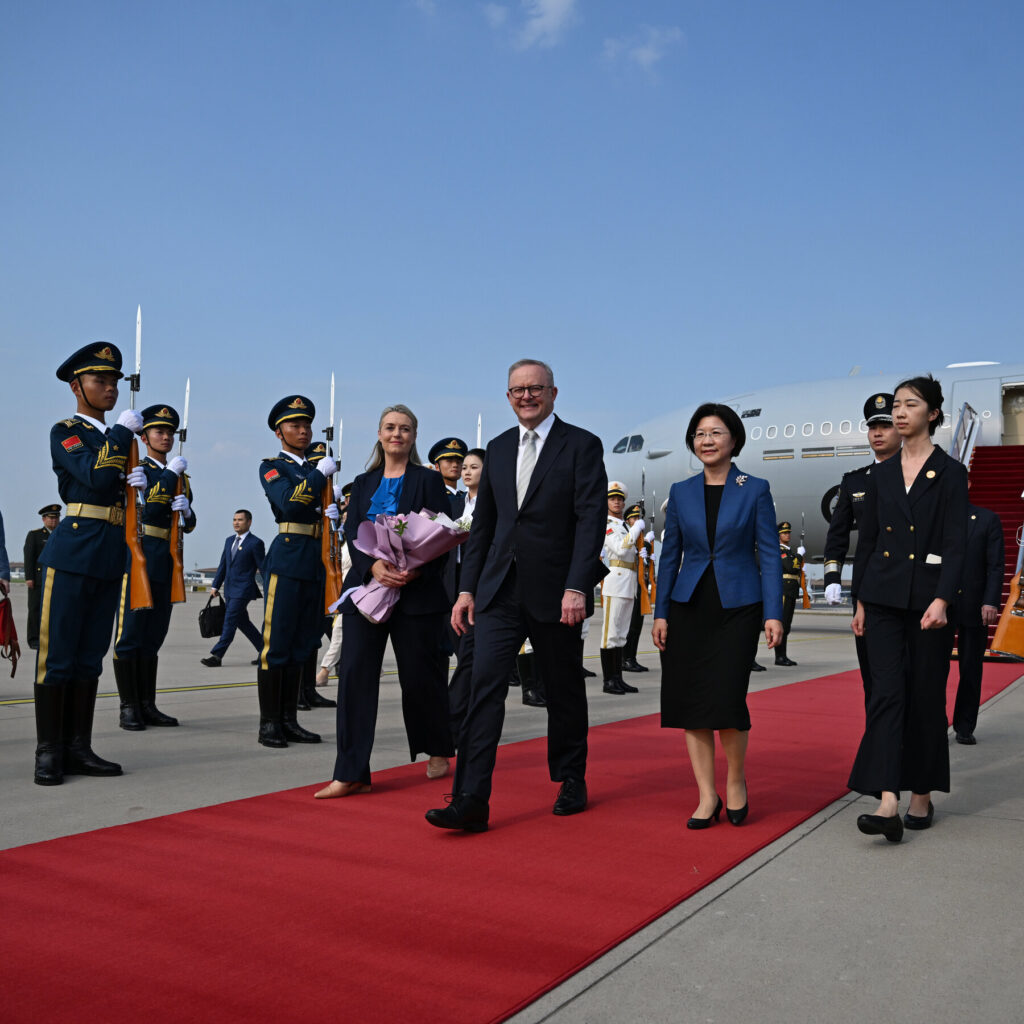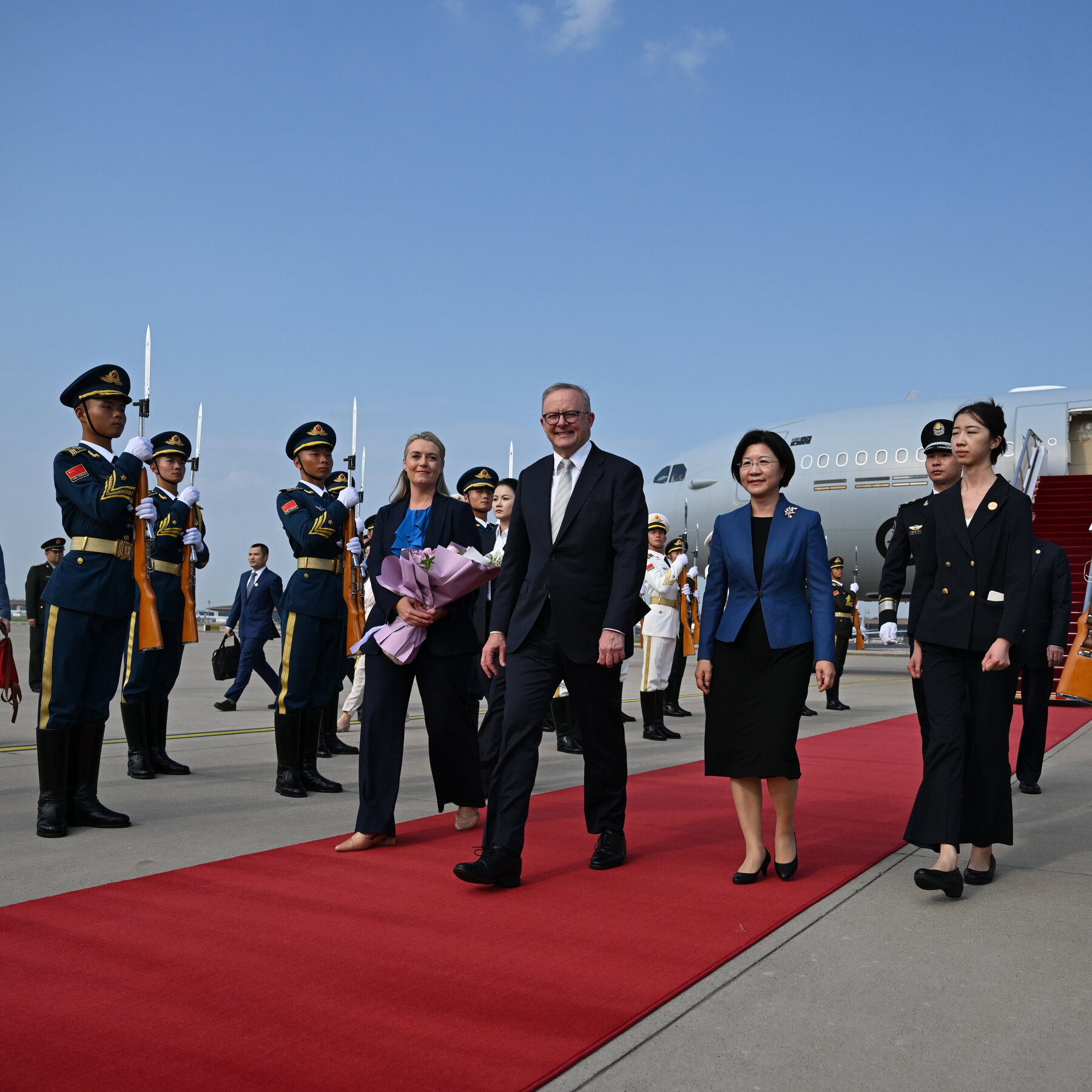Australian Premier Albanese Meets China’s Xi in Beijing
Australian Premier Albanese Meets China’s Xi in Beijing

Prime Minister Anthony Albanese is trying to deepen ties with China, his country’s biggest trading partner, while being under pressure from the United States.
Read the full article on NY Times World
Truth Analysis
Analysis Summary:
The article is mostly accurate, with the main claim of Albanese meeting Xi in Beijing supported by multiple sources. The article presents a slight slant by highlighting the pressure from the US, which is not explicitly mentioned in all sources, suggesting a possible bias. Overall, the article appears reasonably factual with a moderate level of bias.
Detailed Analysis:
- Claim:** Prime Minister Anthony Albanese is trying to deepen ties with China, his country’s biggest trading partner.
- Verification Source #1: Supports the meeting between Albanese and Xi, implicitly supporting the effort to deepen ties.
- Verification Source #3: Supports the meeting and mentions trade as a topic of discussion.
- Verification Source #4: Supports the effort to reaffirm ties.
- Verification Source #5: Supports the meeting for trade talks.
- Claim:** ...while being under pressure from the United States.
- Verification Source #1: Fails to cover this claim.
- Verification Source #2: Fails to cover this claim.
- Verification Source #3: Fails to cover this claim.
- Verification Source #4: Mentions balancing trade and security tensions, which could indirectly relate to US pressure, but doesn't explicitly state it.
- Verification Source #5: Fails to cover this claim.
Supporting Evidence/Contradictions:
- Multiple sources (Verification Source #1, #3, #4, #5) confirm the meeting between Albanese and Xi in Beijing, supporting the core claim of the article.
- The claim about pressure from the United States is not explicitly supported by the provided sources. Verification Source #4 mentions "balancing trade and security tensions," which could be interpreted as related to US pressure, but it's not a direct confirmation. The lack of explicit coverage in other sources suggests a potential slant or interpretation by the NY Times article.

